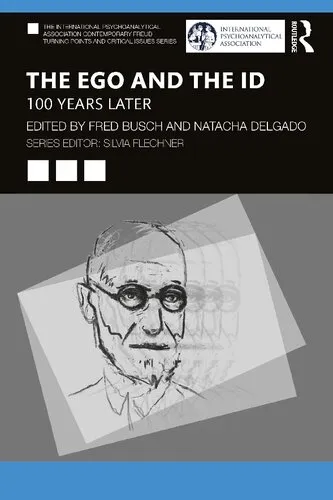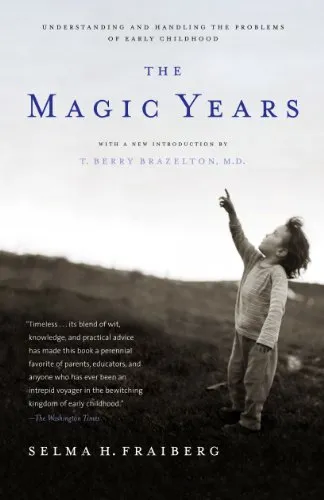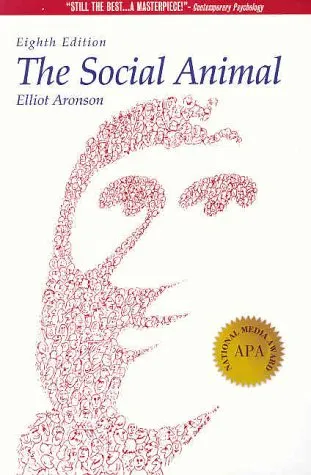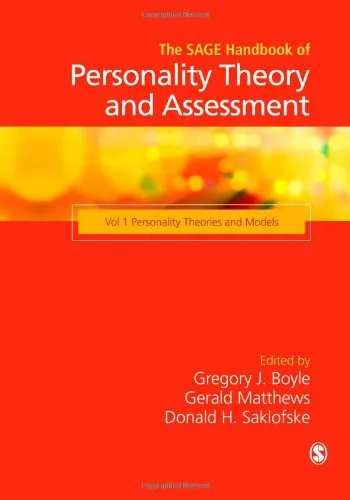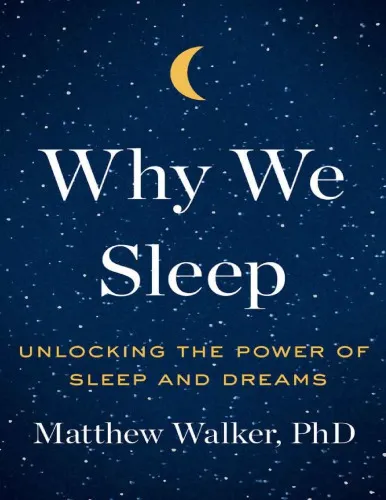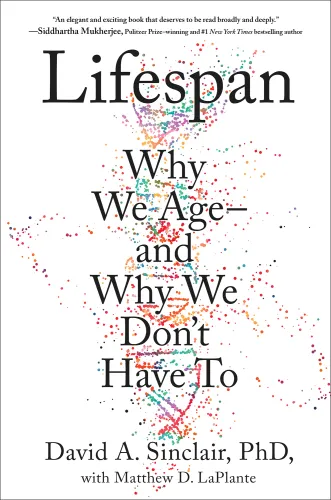The Bell Curve: Intelligence and Class Structure in American Life
4.0
Reviews from our users

You Can Ask your questions from this book's AI after Login
Each download or ask from book AI costs 2 points. To earn more free points, please visit the Points Guide Page and complete some valuable actions.Related Refrences:
Introduction to The Bell Curve: Intelligence and Class Structure in American Life
The Bell Curve: Intelligence and Class Structure in American Life, authored by Richard Herrnstein and Charles Murray, is a thought-provoking and controversial exploration of the role of intelligence in shaping societal outcomes. Published in 1994, the book delves into the intersections of intelligence, social stratification, education, and economic mobility, arguing that cognitive ability plays a critical role in determining an individual's success in life. Importantly, the authors seek to address how these patterns contribute to the emergence of a distinctly stratified class structure in American society.
Written with the premise of sparking debate and dialogue, the book combines data-driven analysis, psychological research, and sociological perspectives to explore the implications of intelligence on key societal dimensions, such as employment, income distribution, and social mobility. At its core, the authors underscore the polarization of American society due to disparities in cognitive ability and argue that this divide has significant long-term consequences for the nation's education system, labor market, and public policy.
Though the work has garnered widespread attention and criticism over the years, it remains pivotal for readers interested in grappling with challenging questions about equality, inherited traits, and societal organization. Below, we break down the key aspects of this compelling work, providing a detailed summary, significant insights, memorable quotes, and reasons why it continues to matter today.
Detailed Summary of the Book
The Bell Curve advances a contentious thesis: that intelligence, as measured by IQ tests, is not only a significant predictor of an individual's socioeconomic outcomes but also plays a central role in defining social hierarchy in contemporary America. The authors posit that cognitive ability differs significantly among individuals and is largely heritable, though not entirely immune to environmental influences. Using various datasets and longitudinal studies, they demonstrate how intellectual aptitude influences educational attainment, job performance, income levels, and even likelihoods of engaging in criminal or socially deviant behaviors.
A pivotal part of the book discusses the emergence of "cognitive elites," a group of high-IQ individuals who increasingly dominate professional and leadership roles. This phenomenon, Herrenstein and Murray argue, fosters a growing divide between the cognitively gifted and the rest of the population, leading to a stratified society based more on intellectual merit than traditional class determinants like wealth, ethnicity, or family background.
Further, the book explores correlations between intelligence and race, which remains one of its most debated topics. The authors acknowledge the sensitivity of this subject but assert that a discussion on intelligence would not be complete without addressing observed differences in average IQ scores across racial and ethnic groups in the United States. They emphasize that their analysis is descriptive, not prescriptive, and caution against misinterpreting the data for discriminatory purposes.
The authors conclude with a forward-looking segment that discusses the implications of their findings for public policy, ranging from education reform to welfare programs. They advocate for a more realistic approach to addressing social issues, one that accounts for human cognitive variability while promoting equal opportunities for all.
Key Takeaways
- Intelligence plays a crucial role in shaping life outcomes, including success in education, employment, and income levels.
- IQ is significantly heritable but also influenced by environmental factors, particularly in early childhood.
- A growing divide between cognitive elites and the general population is contributing to increased social stratification.
- The economic and social implications of intelligence research should inform public policy decisions to foster equity and opportunity.
- Sensitive topics, such as race and IQ, must be discussed with caution but not ignored when analyzing broader societal trends.
Famous Quotes from the Book
"Inequality of endowments, including intelligence, is a reality. Trying to eradicate inequality in all its forms may not achieve justice but instead generate new forms of injustice."
"Human beings differ, and human society is built around those differences. The challenge is to use them for the common good."
"Education is a national treasure, but intelligence, and not education alone, determines the return on that treasure."
Why This Book Matters
The Bell Curve remains a cornerstone text for debates on intelligence, social stratification, and policy-making, even decades after its publication. Its data-driven approach and thought-provoking arguments challenge readers to think critically about the ways in which human abilities shape societal dynamics. Whether or not one agrees with the authors’ conclusions, the book raises essential questions about fairness, meritocracy, and inequality—issues that continue to resonate in ongoing discussions about education, race relations, and economic justice.
Moreover, the book underscores the importance of confronting controversial ideas openly and rigorously. It invites policymakers, educators, and thought leaders to grapple with the complexity of human differences while striving for social structures that promote dignity and inclusion for all individuals.
By digging into contentious but necessary debates, The Bell Curve remains a valuable resource for anyone seeking to understand the forces shaping modern society and the challenges that lie ahead for an equitable and prosperous future.
Free Direct Download
You Can Download this book after Login
Accessing books through legal platforms and public libraries not only supports the rights of authors and publishers but also contributes to the sustainability of reading culture. Before downloading, please take a moment to consider these options.
Find this book on other platforms:
WorldCat helps you find books in libraries worldwide.
See ratings, reviews, and discussions on Goodreads.
Find and buy rare or used books on AbeBooks.
1198
بازدید4.0
امتیاز0
نظر98%
رضایتReviews:
4.0
Based on 0 users review
Questions & Answers
Ask questions about this book or help others by answering
No questions yet. Be the first to ask!


